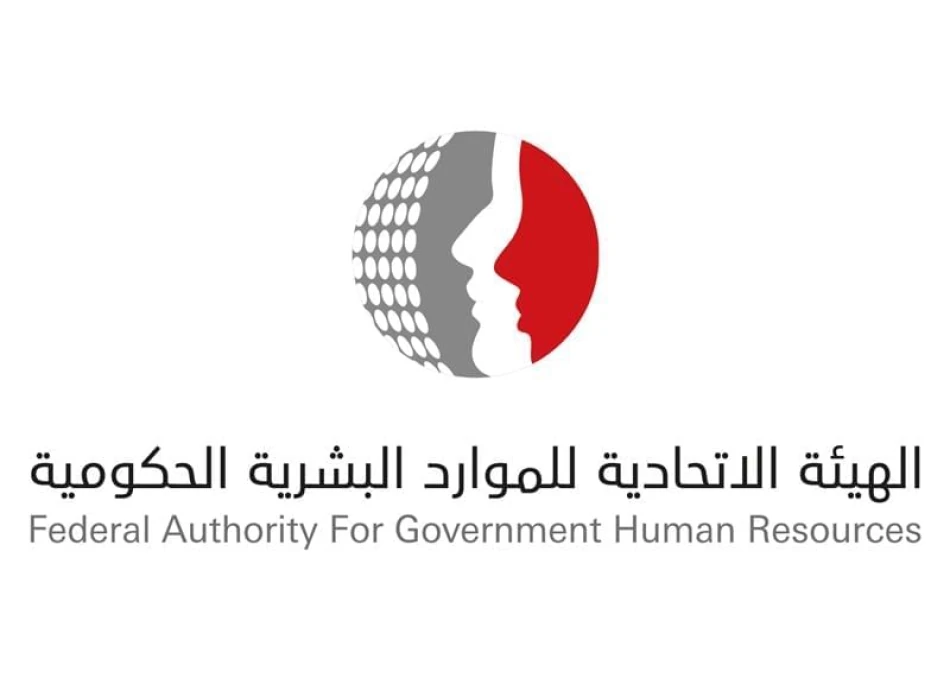
Federal Authority Announces 2025-2026 School Reopening Policy Rollout
UAE Government Introduces Flexible Work Policy to Support Parents During School Year
The UAE Federal Authority for Government Human Resources has issued a comprehensive "Back to School" policy for 2025-2026, allowing federal government employees up to three hours of flexible work time to accompany their children on the first day of school. The initiative extends beyond the traditional first-day accommodation, offering ongoing flexibility for parent-teacher meetings, graduations, and other school-related activities throughout the academic year.
Policy Details: Balancing Work and Family Responsibilities
Under the new directive sent to all federal ministries and agencies, government employees with school-age children can request delayed morning start times or early departure on the first day of the academic year. The three-hour allowance can be taken as a single block or split between morning and evening periods, subject to direct supervisor approval.
For employees with children in nurseries and kindergartens, the policy extends even further flexibility, offering up to three hours daily throughout the entire first week of school. This recognition of the varying adjustment periods needed by younger children demonstrates a nuanced understanding of family dynamics that sets the UAE apart from many other nations' workplace policies.
Year-Round Flexibility for Educational Engagement
The policy goes beyond the traditional "first day" accommodation by incorporating ongoing flexibility throughout the school year. Parents can request time off for parent-teacher conferences, graduation ceremonies, and special school activities, with a maximum of three hours per occasion. This comprehensive approach acknowledges that parental involvement in education extends far beyond enrollment.
Regional Leadership in Work-Life Balance
The UAE's initiative positions the country as a regional leader in progressive workplace policies, particularly when compared to traditional approaches in the Middle East and North Africa region. While countries like Singapore and Denmark have long embraced flexible work arrangements, the UAE's formal codification of school-related flexibility represents a significant step toward Nordic-style work-life integration.
This policy aligns with the UAE's broader Vision 2071 strategy, which emphasizes human capital development and quality of life improvements. By reducing the stress associated with managing work and family obligations, the government aims to boost productivity and employee satisfaction across the federal workforce.
Economic and Social Implications
The timing of this policy reflects broader economic trends toward talent retention and workplace satisfaction. As the UAE continues to diversify its economy away from oil dependence, attracting and retaining skilled professionals becomes increasingly critical. Family-friendly policies serve as powerful tools for workforce stability, particularly in competitive sectors like technology and finance.
The policy also addresses demographic challenges facing the UAE, where expatriate families constitute a significant portion of the professional workforce. By demonstrating commitment to family welfare, the government strengthens its appeal to international talent while supporting Emirati families navigating dual-career households.
Implementation and Compliance Framework
The policy operates within existing federal human resources regulations, ensuring that flexibility doesn't compromise operational efficiency. The requirement for supervisor approval maintains accountability while recognizing legitimate family needs. This balanced approach suggests the policy underwent careful consideration of both employee welfare and administrative practicality.
The success of this initiative will likely influence private sector practices across the UAE, as government policies often serve as benchmarks for corporate human resources strategies. Companies competing for top talent may find themselves adopting similar flexibility measures to remain competitive in the job market.
Most Viewed News

 Sara Khaled
Sara Khaled






